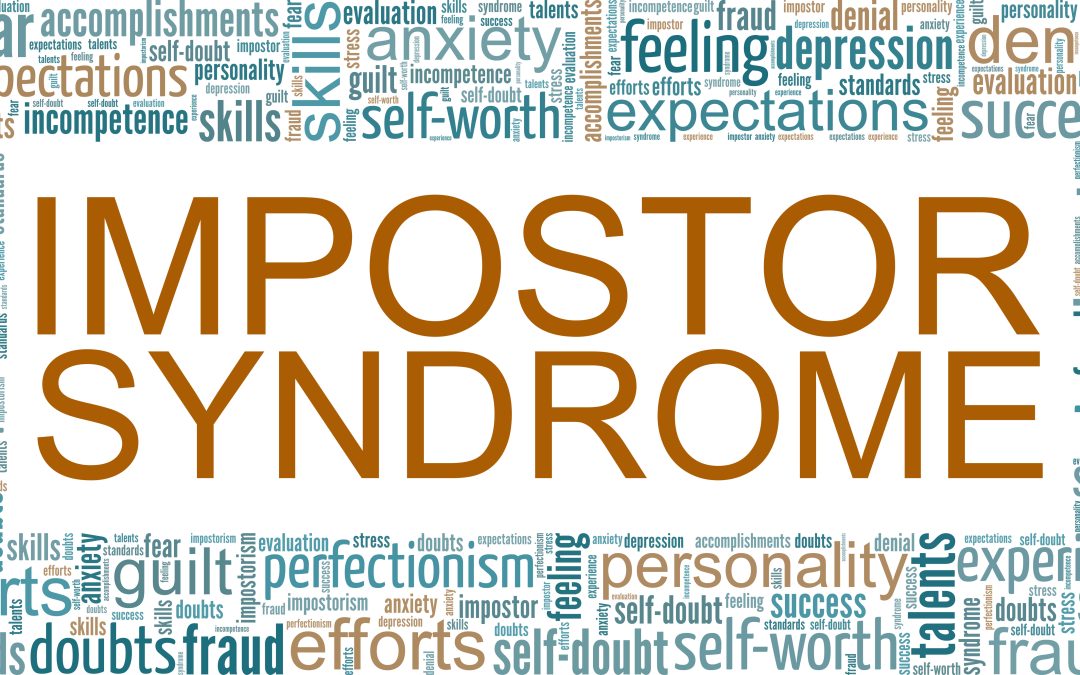Imposter Syndrome is a common phenomenon that many individuals experience, characterized by feelings of inadequacy, self-doubt, and a fear of being exposed as a fraud. At Safe Harbor Counseling, we understand the impact these thoughts can have on your well-being and personal growth. Dr. Beth Plachetka from Safe Harbor Counseling will explore the nature of Imposter Syndrome, its cyclical nature, and provide practical approaches to address and overcome it.
Statistics show that Imposter Syndrome affects a wide range of people, with studies suggesting that between 9 to 82 percent of individuals have experienced these thoughts at some point in their lives. It is important to recognize that you are not alone in this struggle.
Imposter feelings often stem from a conflict between your own self-perception and how you believe others see you. Even when receiving praise or recognition for your accomplishments, you may attribute them to luck or being in the right place at the right time. This constant self-doubt can lead to a cycle of anxiety, depression, and guilt.
Dr. Valerie Young, a leading researcher on Imposter Syndrome, identifies five main types of imposters in her book “The Secret Thoughts of Successful Women: Why Capable People Suffer from the Impostor Syndrome and How to Thrive in Spite of It.” These types include feeling like an imposter unless you can achieve perfection, possess effortless knowledge, become competent without help, know everything about a topic, or be perfect in every aspect of your life.
Understanding the origins of Imposter Syndrome can help in addressing it. False media images, a lack of understanding about effort and tenacity, limited opportunities to struggle and overcome challenges, and even our own words can contribute to these feelings. It is crucial to challenge these beliefs and recognize that everyone has their own unique journey and struggles.
To overcome Imposter Syndrome, it is important to adopt a change in attitude. Embracing humility allows you to ask questions, seek guidance, and take risks. By eliminating comparisons, especially artificial examples that omit the struggle, you can focus on your own growth and progress. Accepting that everyone has different gifts and utilizing your own talents can empower not only yourself but also inspire others to do the same.
Words hold power, so when receiving compliments, simply say “thank you” instead of dismissing them. By shifting your mindset and embracing your true potential, you can break free from the cycle of Imposter Syndrome and live a more fulfilling life.
Remember, you are not alone on this journey. At Safe Harbor Counseling, we are here to support you in overcoming Imposter Syndrome and embracing your unique abilities. Together, we can unlock your true potential and empower you to thrive.
